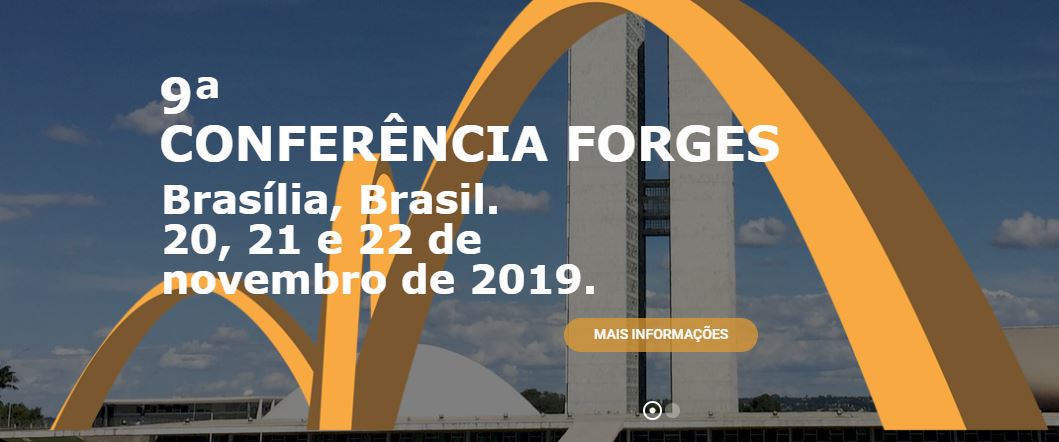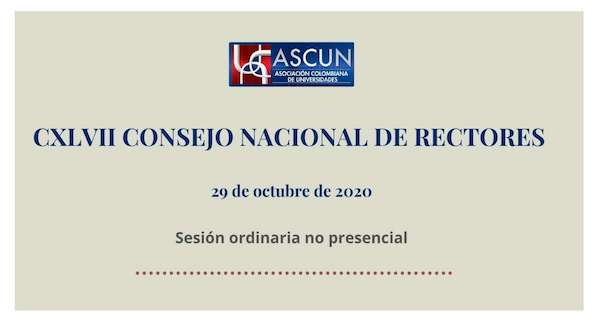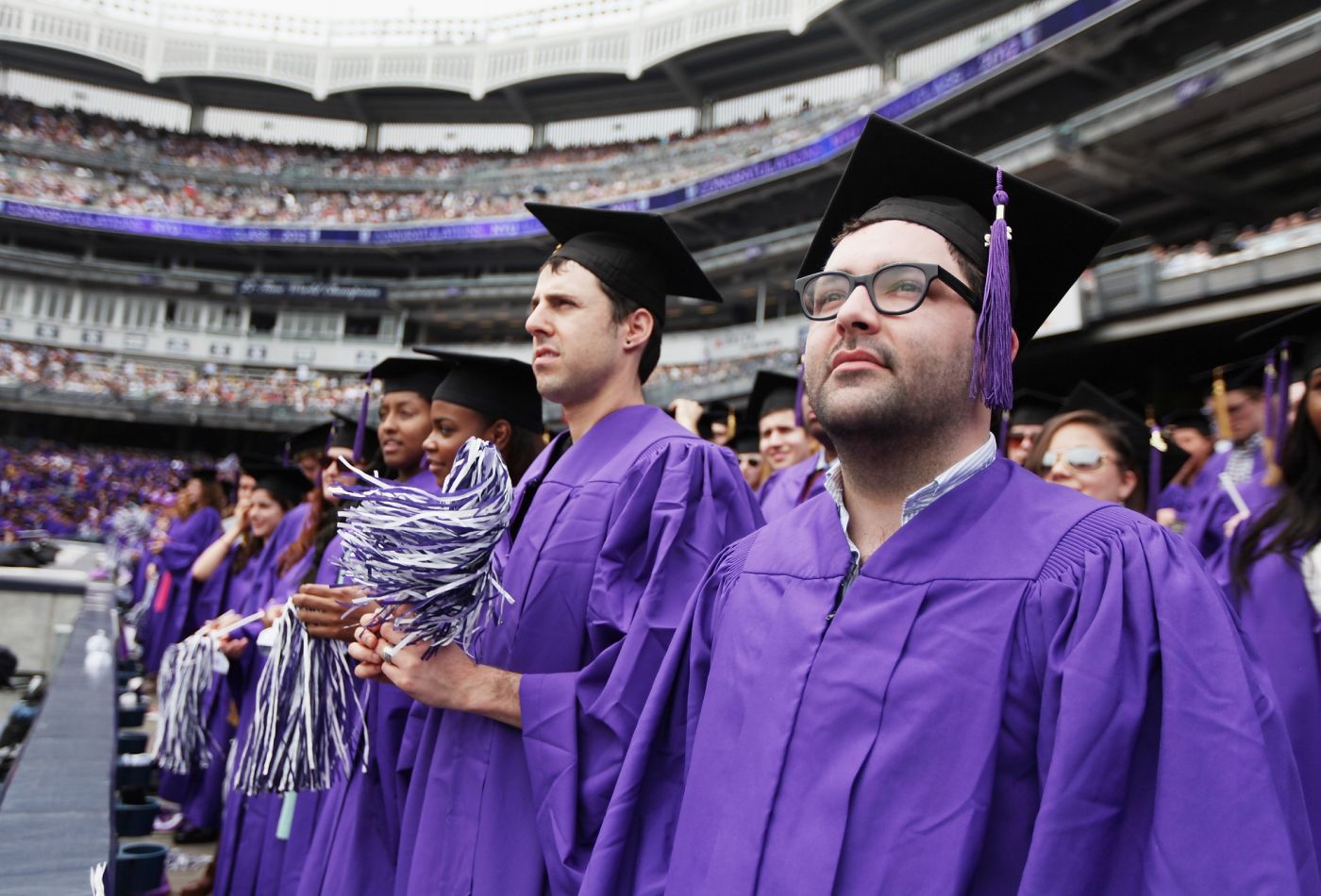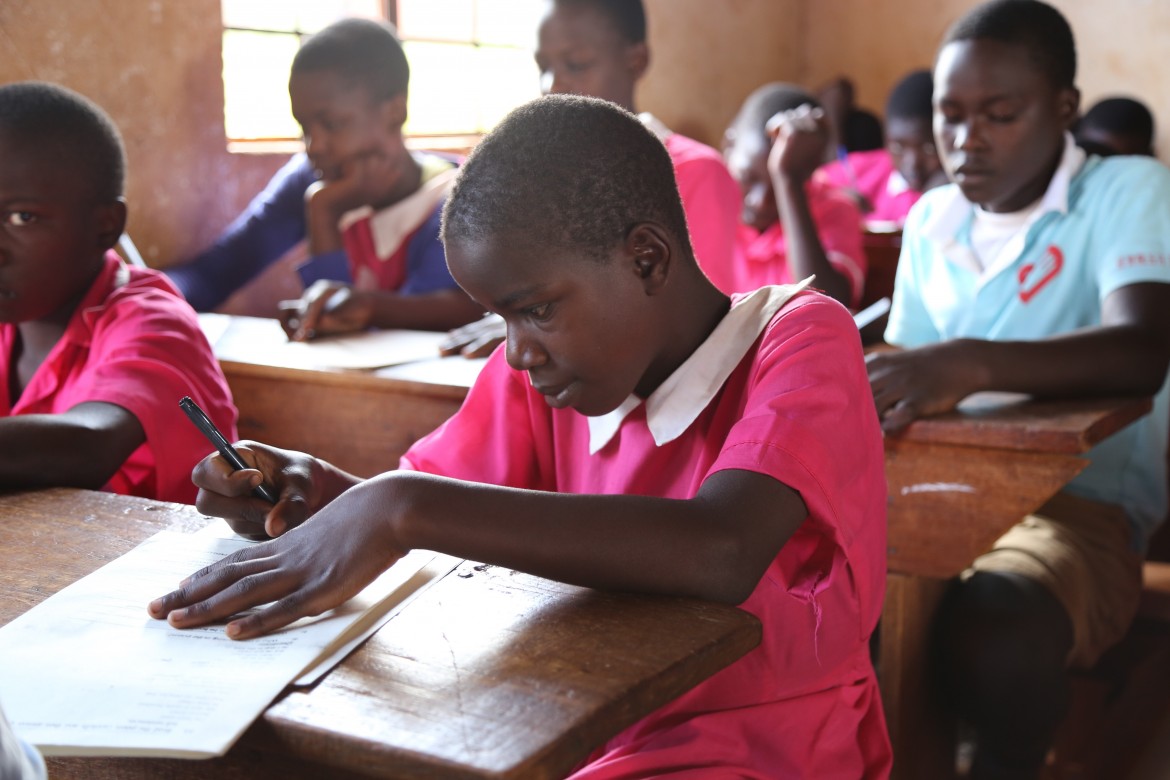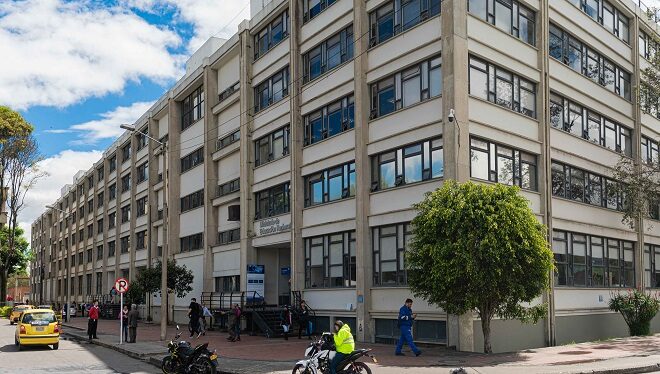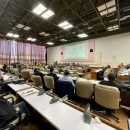Stop Thinking of College as “An Investment” / The Evolllution

The language we use to describe the world shapes our very understanding of it. As detailed by Dr. Lera Boroditsky at UC San Diego, the affordances or limitations of our language create corresponding boundaries in how we process our environment. For example, Russians, who have separate words for dark blue and light blue, are better able to distinguish those colors than English speakers, who just have the singular word ‘blue.’ Language differences also shape conceptual differences: English speakers envision time moving from left to right; Mandarin speakers from up to down; and members of the Kuuk Thaayorre (an aboriginal tribe in northern Australia) from east to west. In short, how we describe something matters at a fundamental level.
College is no exception. I’ve led many workshops and webinars about how to frame the benefits of college for students and encouraged the use of more communal versus individualistic language. So, my interest has been piqued by recent reports—as well as campaign promises by several 2020 U.S. Presidential candidates—that frame college as an investment.
Read the full article on The Evolllution
RELATED ITEMS

